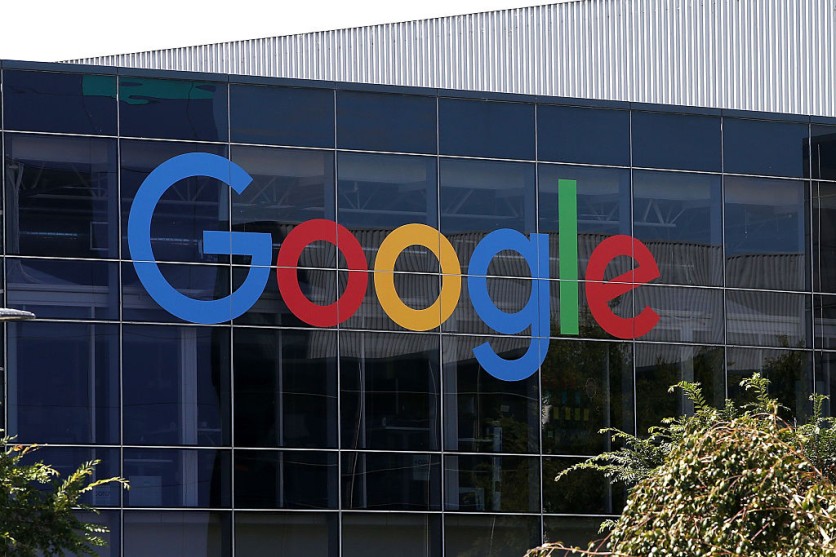

Google will be forced to face the $5 billion lawsuit accusing them of tracking users while browsing in incognito mode after a federal judge denied the search giant's motion for dismissal.
The class-action lawsuit claimed that the internet search company illegally invaded the privacy of millions of users by collecting their data while in Chrome's incognito mode.
According to a report from Bloomberg, U.S. District Judge Lucy Koh ruled that Alphabet Inc.'s Google "did not notify users" of the "alleged data collection while the user is in private browsing mode." The decision gave plaintiffs enough ground to push through with the case.
'Brown V. Google'
In June 2020, three plaintiffs filed a complaint in a federal court in San Jose, California, alleging that Google gathers data about what people view online and where they browse through Google Ad Manager, Google Analytics, and other applications and website plug-ins.
Reuters previously reported that the complaint claimed the data collected allowed the California-based company to learn about users' private information. These sensitive data include users' friends, hobbies, shopping habits, and favorite foods, as well as the "most intimate and potentially embarrassing things" they search for through incognito mode.
Read Also: Google Gets Class-Action Lawsuit By Children Regarding Privacy Concerns And Negligence
Motion For Dismissal
Google denied the accusation thrown against them and asked for dismissal after arguing that the plaintiffs consented to its privacy policy where the company explicitly disclosed their data collection practices, Business Insider reported.
Lawyers representing the company clarified that the term "Incognito" is not meant to be taken as "invisible," which meant that the user's activity during that session remains visible to websites they visit and any third-party analytics.
Multiple Antitrust Lawsuits
Along with dozens of states, the Department of Justice had slapped multiple lawsuits against Google in the past.
In the first case, which was filed in October 2020, the Justice Department alleged that the company had employed anti-competitive tactics to protect their monopoly and prevent other search engines from gaining a foothold.
The complaint detailed the lengths Google had done, such as using exclusive deals with device makers and browsers to make them the default search engine.
Meanwhile, a coalition of over 30 states, led by the attorney generals of Nebraska and Colorado, filed another complaint alleging that Google had used its general search monopoly to discriminate against "vertical" search businesses such as Yelp and Kayak.
Another group of states, led by Texas, filed their own lawsuit that accuses Google of controlling over 90% of the digital advertising supply chain that creates an obvious conflict of interest.
The company downplayed the accusations, noting that there is nothing particularly problematic about the practice. In a blog post by Google's SVP of Global Affairs Kent Walker, he mentioned that the lawsuit by the Department of Justice "is deeply flawed."
He added that the complaints "would do nothing to help consumers," but would rather encourage competitors to offer lower-quality alternatives, making it harder for users to experience the search services they want.
Related Article : Google Gets 3rd Antitrust Lawsuit from 38 Attorney Generals for Allegedly 'Manipulating Searches'
This article is owned by Tech Times
Written by Lee Mercado

![Apple Watch Series 10 [GPS 42mm]](https://d.techtimes.com/en/full/453899/apple-watch-series-10-gps-42mm.jpg?w=184&h=103&f=9fb3c2ea2db928c663d1d2eadbcb3e52)


